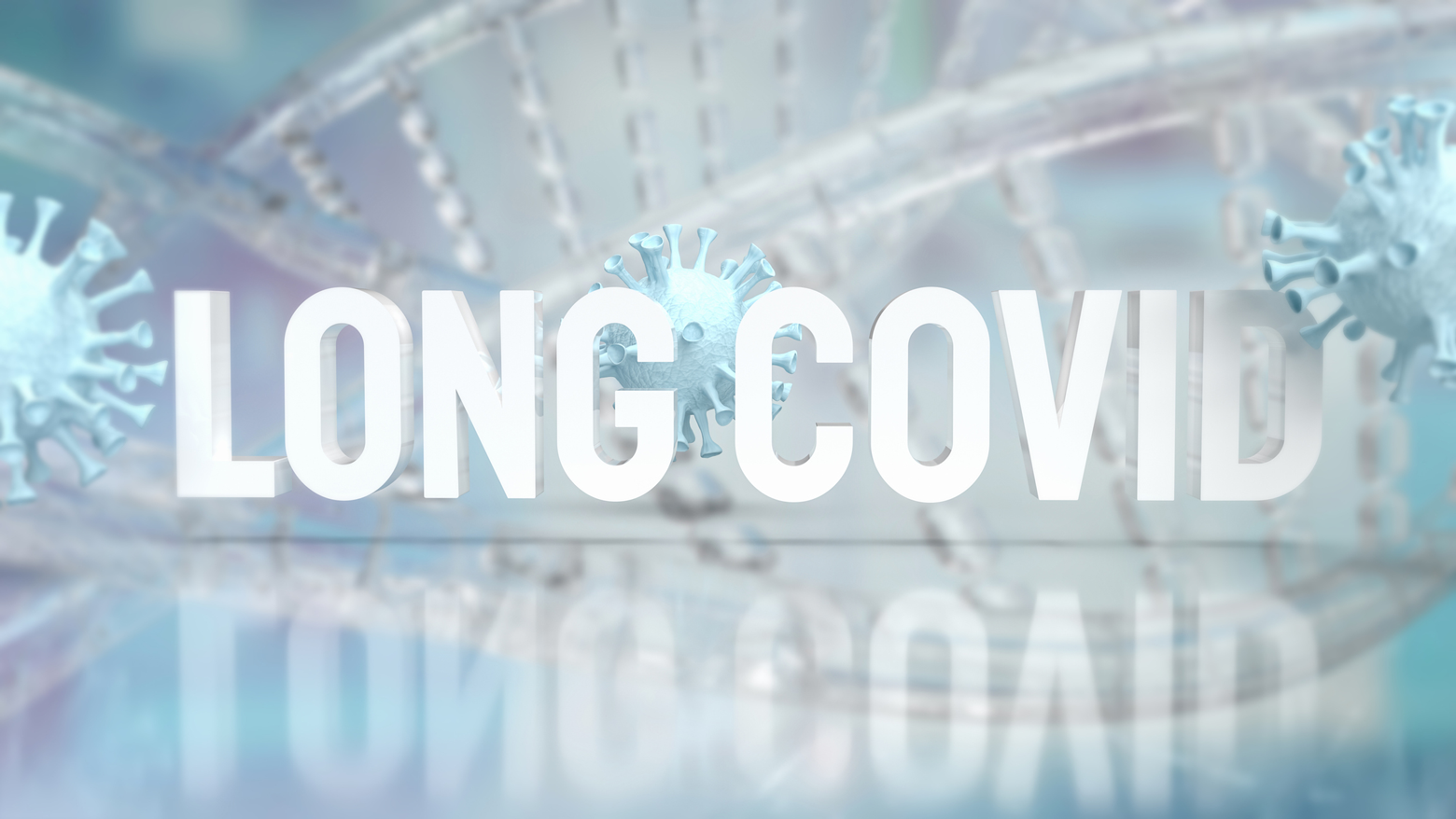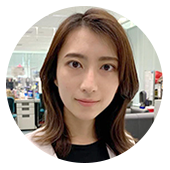My colleagues recovered quickly -- so will I
It was August 8 when I tested positive. I'd just returned from a work trip and was at my home in Naha, a city in Okinawa prefecture. I had a mild temperature and my throat felt funny.
An antigen test confirmed my suspicions.
At the time, Okinawa was recording 5,000 coronavirus cases a day. Hospitals were under siege, so to ease the pressure on the medical system, authorities urged younger people to stay home and get better there. I registered my case online, took some drugs, and waited.
I'd had three doses of vaccine. I was also aware that colleagues around my age had bounced back quickly from COVID, so I assumed I'd be fine.
Five days later, my temperature was back to normal, but my struggle was just beginning.
Tests turned up nothing
My fever and cold-like symptoms were mostly gone, but I found that simply standing up while cooking in my kitchen caused my heart to race, and I could feel myself shivering.

Could I have long COVID?
When I looked up my symptoms online, I found articles that people had written in English about long COVID. They talked about how after recovering from infection, they experienced something called postural tachycardia syndrome (POTS) -- an abnormal increase in heart rate that occurs only when standing.
I knew COVID could leave people feeling fatigued, and I knew it could impact taste and smell, but this information about POTS was new to me. None of the doctors I'd seen had mentioned it.
I needed to find one who could help, but I had no idea where to look.
Days dragged on
It was now September. A month had passed, and I wasn't feeling any better. My friend was getting married in October, but I couldn't see myself recovering by then so I sent my apologies.
Before catching COVID, I had a very active lifestyle, with frenetic days at the office bookended by weekend trips to the gym or hikes in nearby mountains. All of that had changed.
My blood oxygen level was normal, but my heart rate was high -- 130. Whenever I stood up, my pulse shot up. When I lay down, it dropped back to 80.
An electrocardiogram test found nothing wrong. The doctor prescribed beta blockers -- drugs that lower blood pressure -- but my heart rate still climbed above 115 whenever I was standing. Simple tasks such as cooking and taking a shower were exhausting.

On weekends, I stayed inside or drifted about the local supermarket, moving like a turtle.
During the week, I was able to work from home, but I thought about the many other people struggling with my symptoms who didn't have the option of remote work.
Who to believe?
Another echocardiogram test came back normal. The doctor assured me I had nothing to worry about. The diagnosis was that my symptoms were a result of weight loss, and since the beta blockers hadn't been effective, I should stop taking them.
I quit the drugs and my symptoms immediately got worse. The doctor put me back on them.
Another doctor who specialized in traditional herbal medicine couldn't help either.
Different doctors were telling me different things. The hospital bills were stacking up, and so was my sense of despair.
An important discovery
I was spending nearly every moment of free time researching long COVID online, and what I discovered only added to my anxiety. I was struggling to sleep at night.
Eventually I found longCOVID.jp, a site run by Kouichi Hirahata, a Japanese physician conducting medical examinations on patients with post-COVID conditions.
My treatment regimen
Based on his findings, I decided to try the following course of treatment. I have to stress that the results are based purely on my own experience, and should not be taken as evidence that any of these treatments are valid and effective.
- Drink two liters of water every day
- Wear compression socks
- Perform breathing exercises to recover lung function
- Perform light exercises such as yoga
- EAT (Epipharyngeal Abrasive Therapy)
- Acupuncture
Doctors in Japan have used epipharyngeal abrasive therapy for more than half a century to treat chronic inflammation of the nose and throat. They insert a stick-shaped device through the nose or mouth and use it to apply zinc chloride to the affected area. It usually takes 20 sessions to complete the therapy.
My first three sessions were painful, and caused me to cough up phlegm with blood. But with more sessions, the pain and blood subsided, and by the ninth session, I was no longer bleeding.
70 days after infection, progress
It's impossible to say whether my treatments were helping, or whether I was simply getting better with time, but my heart rate gradually stabilized and I was able to cut back on my medication.
The treatment regimen had given me a much more positive attitude. I no longer felt lost and scared. I'm still on medication, and I wouldn't say I'm 100 percent better, but I'm now at a point where I can conduct interviews outside again.
Mental scars
One thing I've learned is that the psychological toll of this condition is heavier than the physical one.
There's so much about long COVID that's still unknown. There are no definitive treatments, and there's no way of saying how long it will take any one person to recover. For some, it's months. For others, the debilitating condition can drag on for years. It's completely natural for sufferers to grapple with feelings of despair.
I'm actually one of the lucky ones. Other people lose their jobs. Some are struck down with this condition while they're raising a child on their own.
In Okinawa, there is no outpatient treatment for long COVID. The prefecture is pushing for a system where personal physicians and local clinics can treat sufferers, with assistance from general hospitals where necessary.
Some doctors say information on long COVID is too hard to find, and that there aren't enough medical staff to treat it.
Dr. Shingaki Kota, a director of a clinic in Okinawa that offers epipharyngeal abrasive therapy, says he can't say definitively that the therapy is effective. "But there's a growing body of evidence to support this and some other approaches to long COVID," he says. "So at the very least I'd like to see them considered as a potential course of action."

Authorities in Okinawa say that "10 to 20 percent of all cases result in long COVID." Given that 500,000 people in this prefecture alone got infected in October, that means up to 100,000 could now be dealing with long COVID. Some will feel completely alone. They need better information about the condition, but they need more than that. They need direct help.

